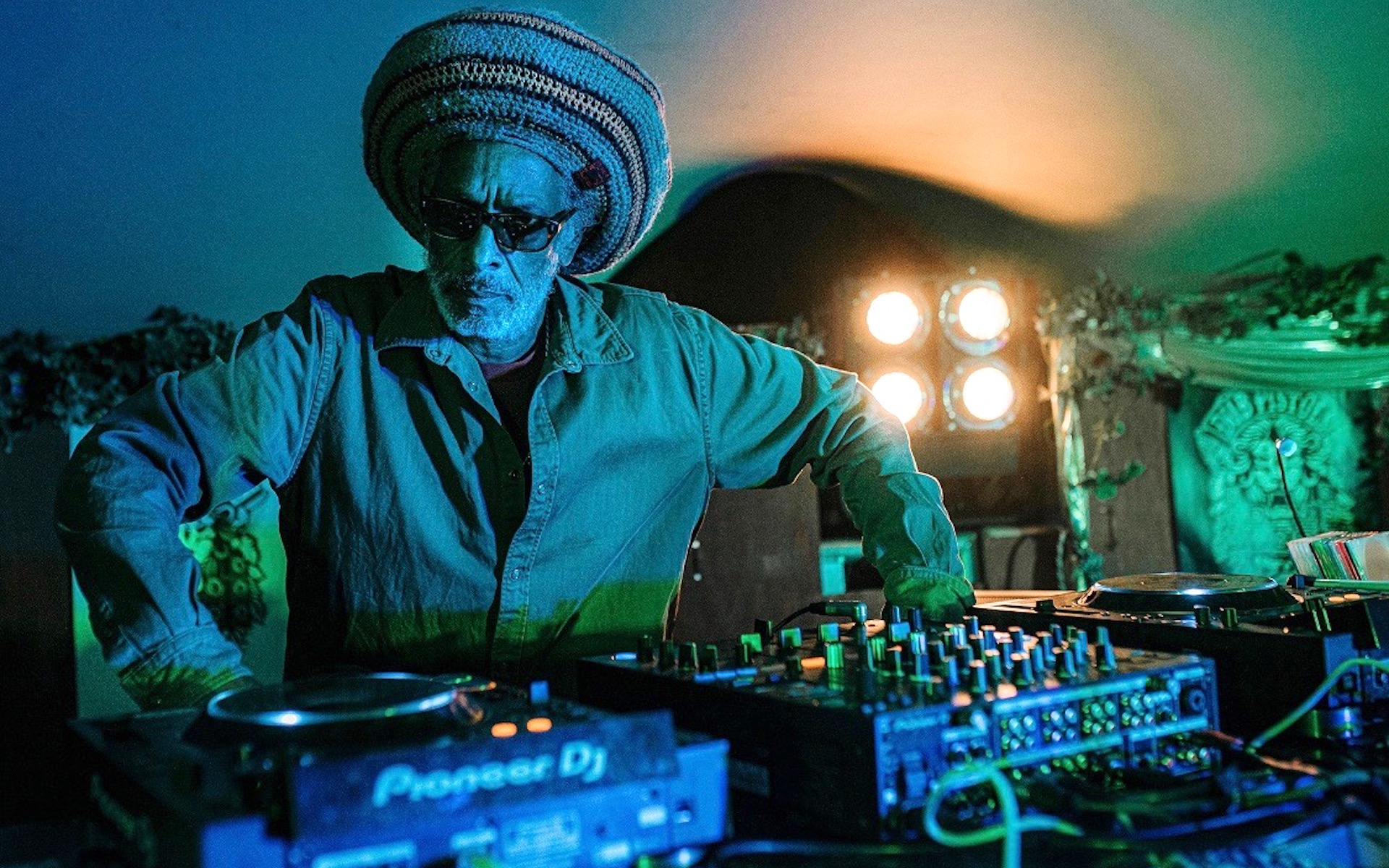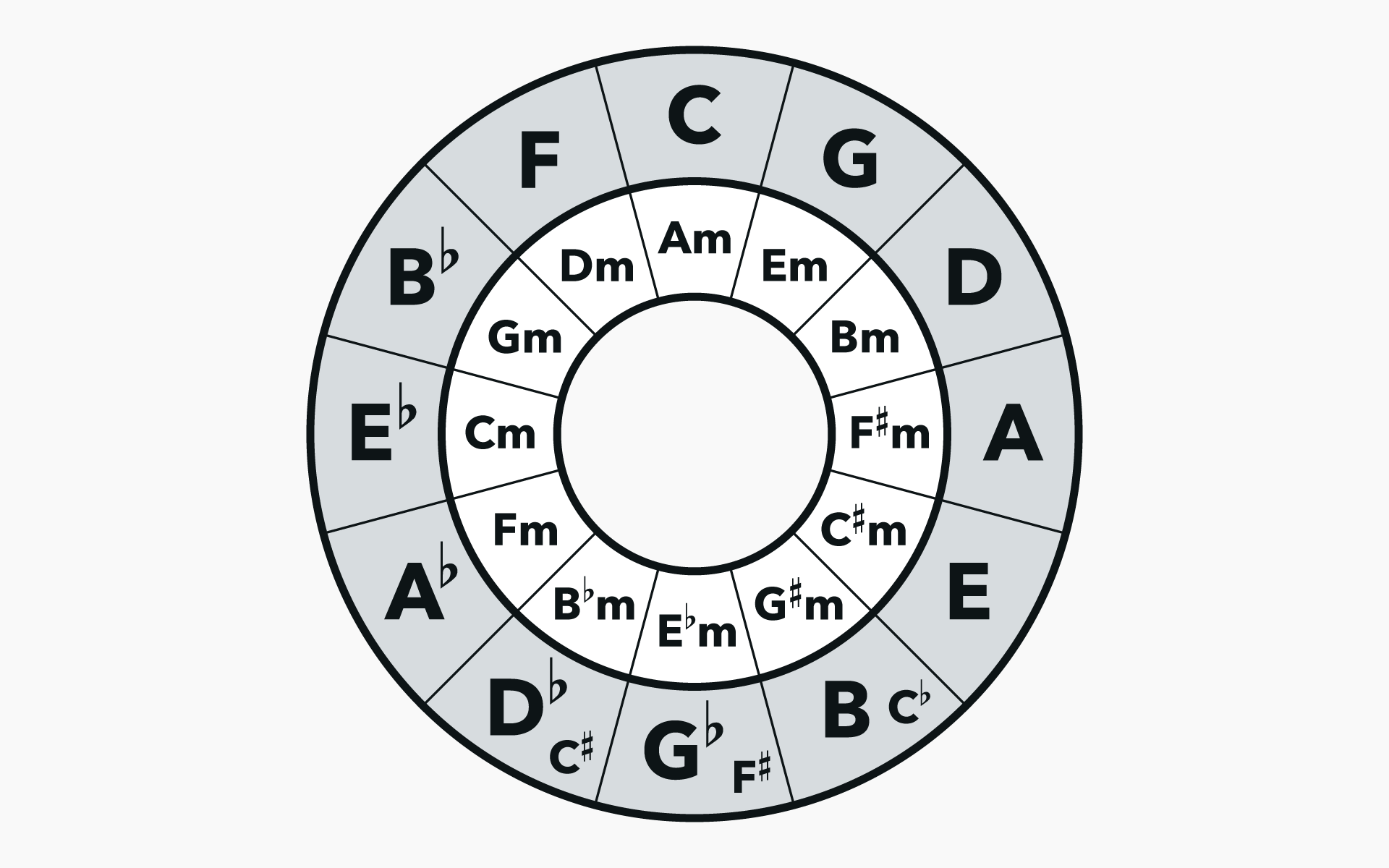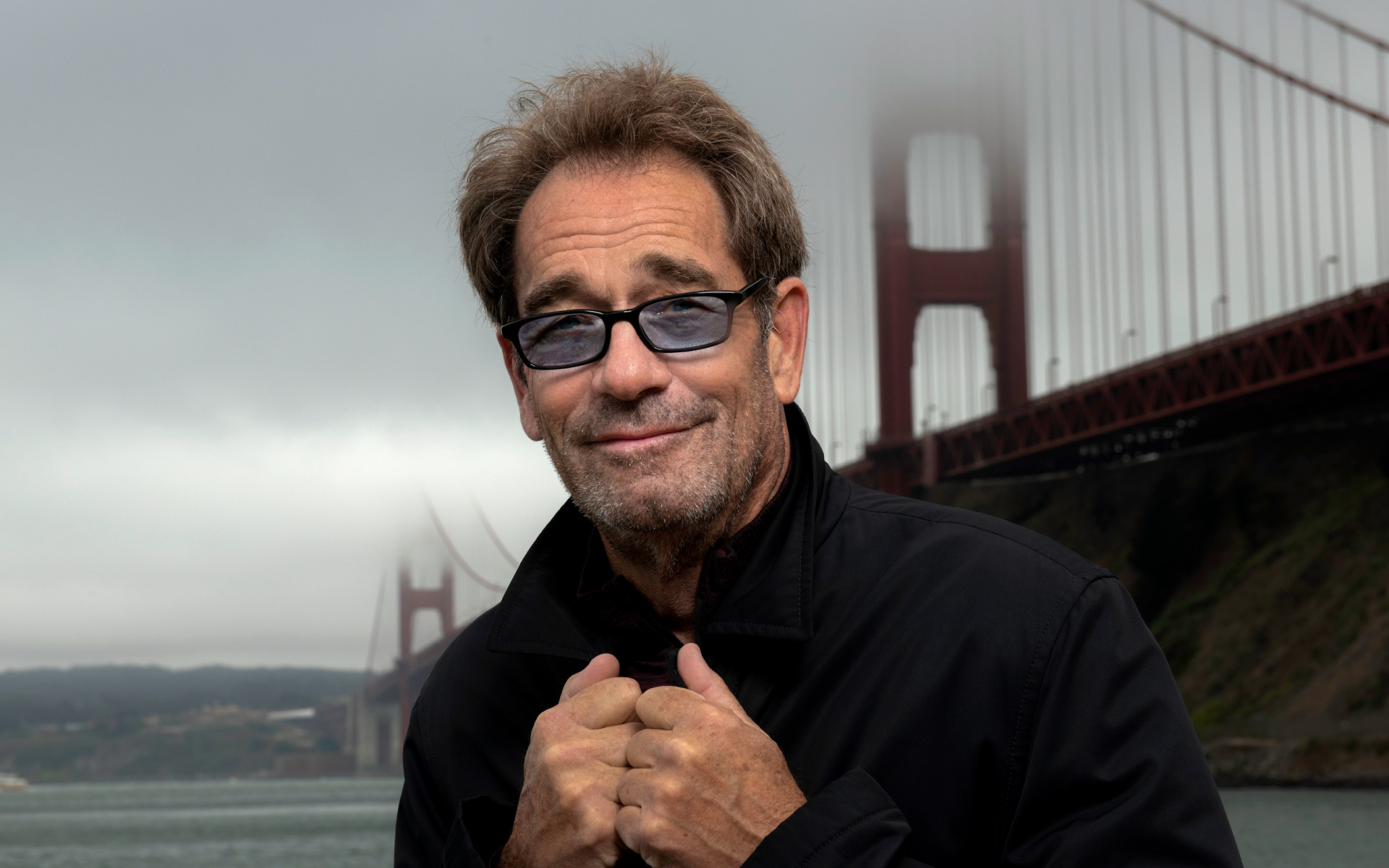Music is My Life: Episode 063
Don Letts on the Culture Clash of Punk and Reggae and ‘There and Black Again’

Don Letts provides an important lesson in the fact that even if you don’t play an instrument, you can still be a part of the music industry, and not just on the business side either. He got his start as a DJ, and is widely credited for introducing reggae into the burgeoning punk rock scene in London in the 1970s, but he doesn’t want all of that credit.
Then he picked up a camera and began filming his friends in the punk scene, which became The Punk Rock Movie, which he’ll also tell you was kind of an accident. By the way, he is not a fan of the versions of this movie that are on DVD or YouTube. He suggests watching it in its original format, if you can.
That movie led to him directing several music videos, including all of the ones you’ve seen by the Clash, and that led to directing more full-length features.
You may have read somewhere that Don Letts was friends with Bob Marley, but again, he’ll tell you that’s only partially true.
What is definitely true is that he was a key member of Big Audio Dynamite, the band that Mick Jones formed after the Clash, and what is also true is that Don Letts couldn’t really play. He’ll be the first one to tell you that. He wrote the names of the notes on the keys of his keyboard!
But what was crucial was that Don Letts pioneered the art of sampling through his work with BAD.
So what you’re about to hear is a bit of a history lesson, but I do recommend you read his two books Culture Clash, which came out several years ago, and the brand new There and Black Again, which is so brand new that I didn’t know it was coming out when I first spoke to him.
You’ll hear a part where I hold up my copy of Culture Clash, on the zencastr call, and he’ll tell me about There and Black Again, which I have since read and definitely recommend.
So let’s let Don Letts set the record straight, and we’ll start at the start with his parents, who came to England from Jamaica in the 1960s.




